“The truth is, no one is prepared for such a situation as a manager. We had to react quickly,” Gameloft GM and CFO Alexandre de Rochefort says.
As Russia’s invasion of Ukraine continues, the presence of international sanctions is sending ripples across every aspect of the world, and threatens a key part of the video game industry. Meanwhile, gaming companies within Ukraine are facing the danger of violence, from indie teams, all the way up to studios under some of the largest publishers in the world.
Ukrainian studios have, of course, responded, sharing ways to help the country out during the invasion, while companies like CD Projekt RED, 4A Games, Ubisoft, GSC Game World, and others have shared support for workers.
Game development can be turbulent at the best of times, and many workers are trying to keep doing their jobs even with the threat of bombs and destruction around them. Whether it’s through providing a means to leave the country, or trying to keep going no matter what, game development studios directly within Ukraine are reacting as fast as possible.
The impact within Ukraine
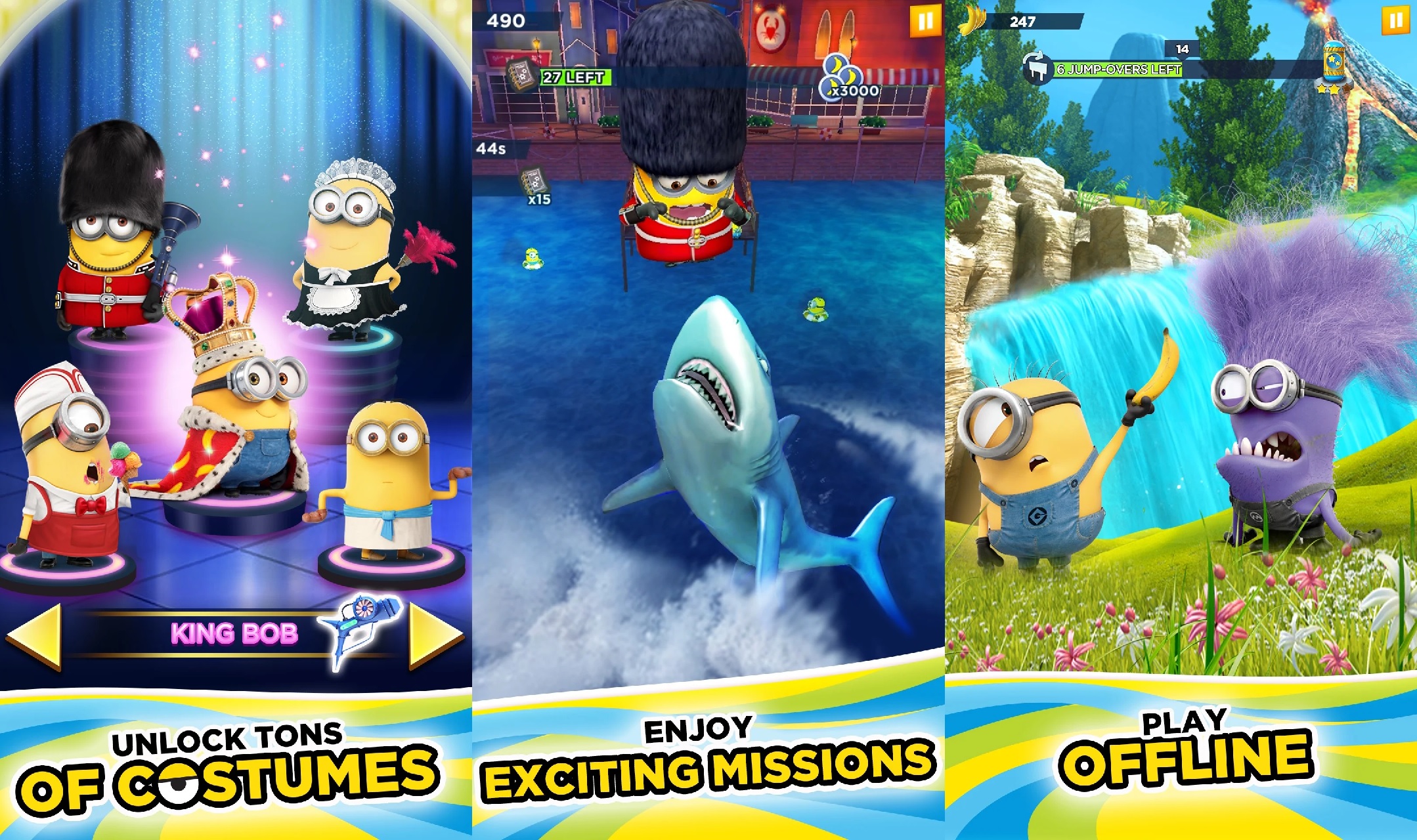
One major company feeling the impact of this war is Gameloft, a mobile developer and publisher that operates two studios in Ukraine, one in Kharkiv and the other in Lviv. Gameloft employs 630 workers between the two studios, which amounts to almost 20% of Gameloft’s total workforce worldwide. These studios work on mobile titles like Minion Rush: Running Game.
As Gameloft’s development pipeline is entirely internal, Rochefort tells Windows Central that the company’s business has been “significantly” impacted by the war. In addition to having the development of various games disrupted, Gameloft is now missing out on sales in Russia.
“Someone who was available yesterday might have their power cut off today,”
Gameloft has been taking steps to help its workers, though Rochefort notes that it’s an incredibly difficult situation to tackle. At the time we spoke, only one of Gameloft’s employees had perished, but that’s one too many. Others face difficulty finding food and shelter, as supplies and apartment spaces are increasingly difficult to find.
In the 48 hours surrounding the outbreak of the war, Gameloft paid out the remaining checks for February and March in advance to its Ukrainian employees. Additionally, the company gave a bonus of €1,000 per employee, helping each with additional food, supplies, or the means to exit the country (for those who were eligible). Because Gameloft has studios in Romania, Hungary, and Bulgaria, the teams at these studios are providing logistical support for any Ukrainian employees allowed to leave the country.
Another team feeling the direct effects of the war is the Kyiv-based Frogwares, known for adventure titles like The Sinking City and its Sherlock Holmes series. In the early months of the war’s outbreak, trying to continue game development with pre-production on the studio’s next big title became “difficult beyond belief,” communications lead Sergey Oganesyan tells Windows Central.
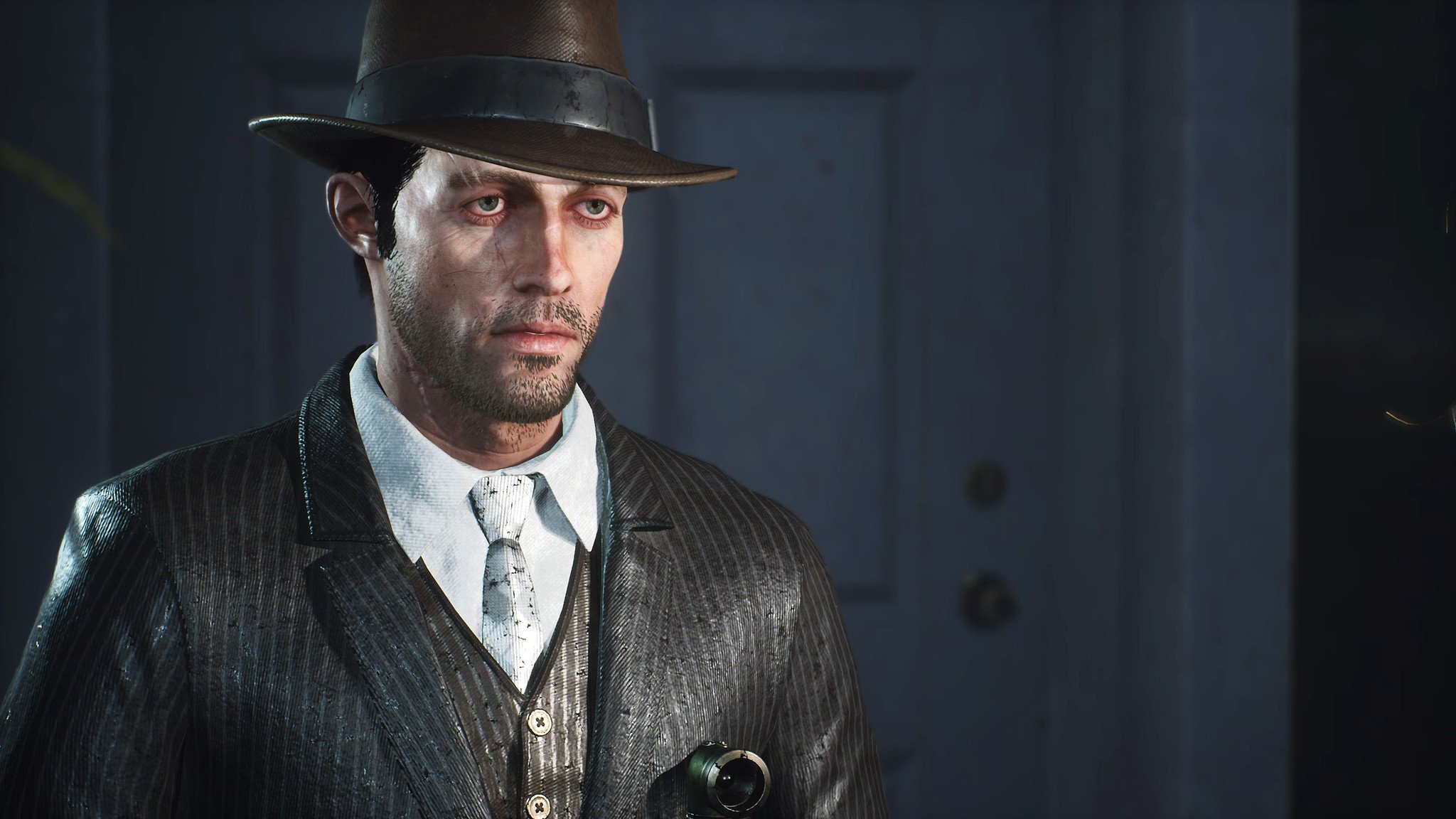
“In terms of game production, our workforce capacity, especially in the earlier months [sic] kept shifting. Someone who was available yesterday might have their power cut off today,” Oganesyan explains.
With some staff leaving to help friends and family, and others signing up to fight in the war, Frogwares reorganized. The studio’s next game, currently codenamed Project Palianytsia (opens in new tab), is a smaller game with a tighter scope, allowing the studio to remain flexible. This has allowed the studio to provide some support for its workers, including setting up dedicated discussion channels for sharing info with anyone that needed to leave the country.
As things have become (relatively) more stable in the past weeks, Frogwares is also providing support for any workers who return to the studio. Oganesyan notes that the studio is continuing to keep anyone fighting in the war or volunteering at humanitarian centers on payroll, and “their spots on the team will be waiting for them” if and when they choose to return.
GSC Game World, the development studio behind STALKER 2: Heart of Chornobyl, published a video (opens in new tab) explaining the studio’s current situation. Many of the studio’s employees have lost pets and loved ones, while others now work out of compact bomb shelters. More are volunteering to serve with the Ukrainian army or humanitarian groups.
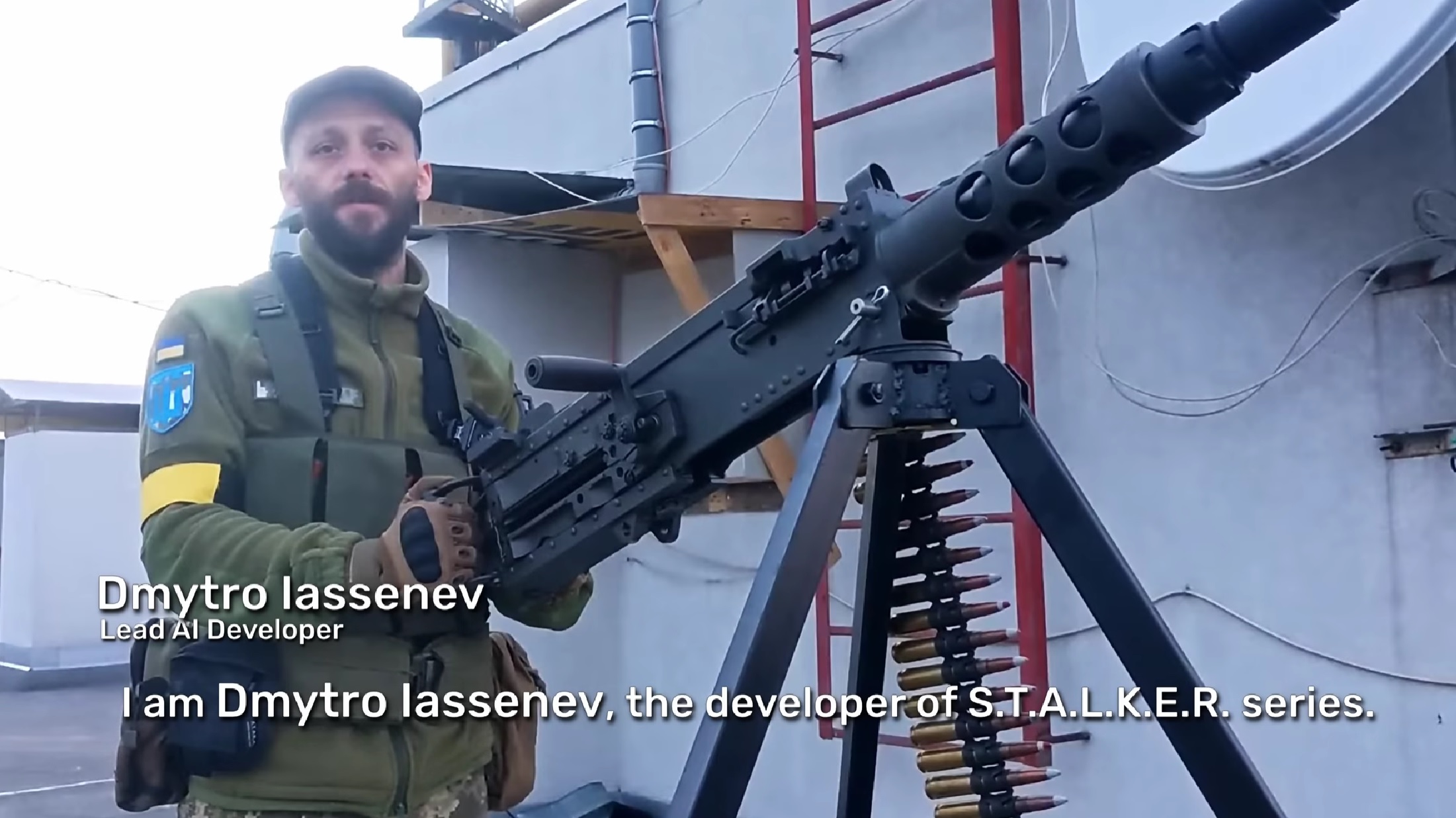
Even facing this kind of danger, the workers still in Ukraine are enduring. Gameloft’s Lviv studio isn’t facing the same imminent threats as the Kharkiv office, and as such, the former is being transformed into a living space for any workers unable or unwilling to leave the country. Workers can sleep, wash clothes, and cook food with equipment Gameloft management has purchased. Rochefort notes that morale remains high, and that the team is remaining in contact with the rest of Gameloft via newsletters.
The teams in Ukraine are still working by their own request, and at around 70% of their previous productivity rate, with Rochefort noting that they wanted to continue working on their own projects, even if at a slowed pace.
“We’ve been really humbled by the courage and composure of our teams in Ukraine,” Rochefort says.
Impact that ripples across the entire world
As dozens of companies across the world are pulling out of Russia, a chunk of the gaming industry has been completely disrupted. This war is threatening many of the support efforts in the industry, a network that is already being strained beyond capacity due to the lingering effects of the pandemic.
Frogwares confirmed that the company used to work with teams located in Russia for external development support. Since the outbreak of the war, these relationships have been terminated, though the studio declined to explain exactly which companies it was no longer working with for the sake of “diplomacy.”
But even companies that aren’t directly based in Ukraine, Russia, or Belarus are feeling the effects of the war.
Most of the largest AAA games require hundreds of developers to actually finish every aspect of the game, well beyond the names attached to the studio that’s put on the box art. Some AAA studios attempt to limit how much outsourcing they use, while others fully embrace the process. Dutch studio Guerrilla Games, creators of Horizon Forbidden West, take the approach that “our core business is making games, not assets.” It’s a common sentiment, if not in statement then certainly in practice.
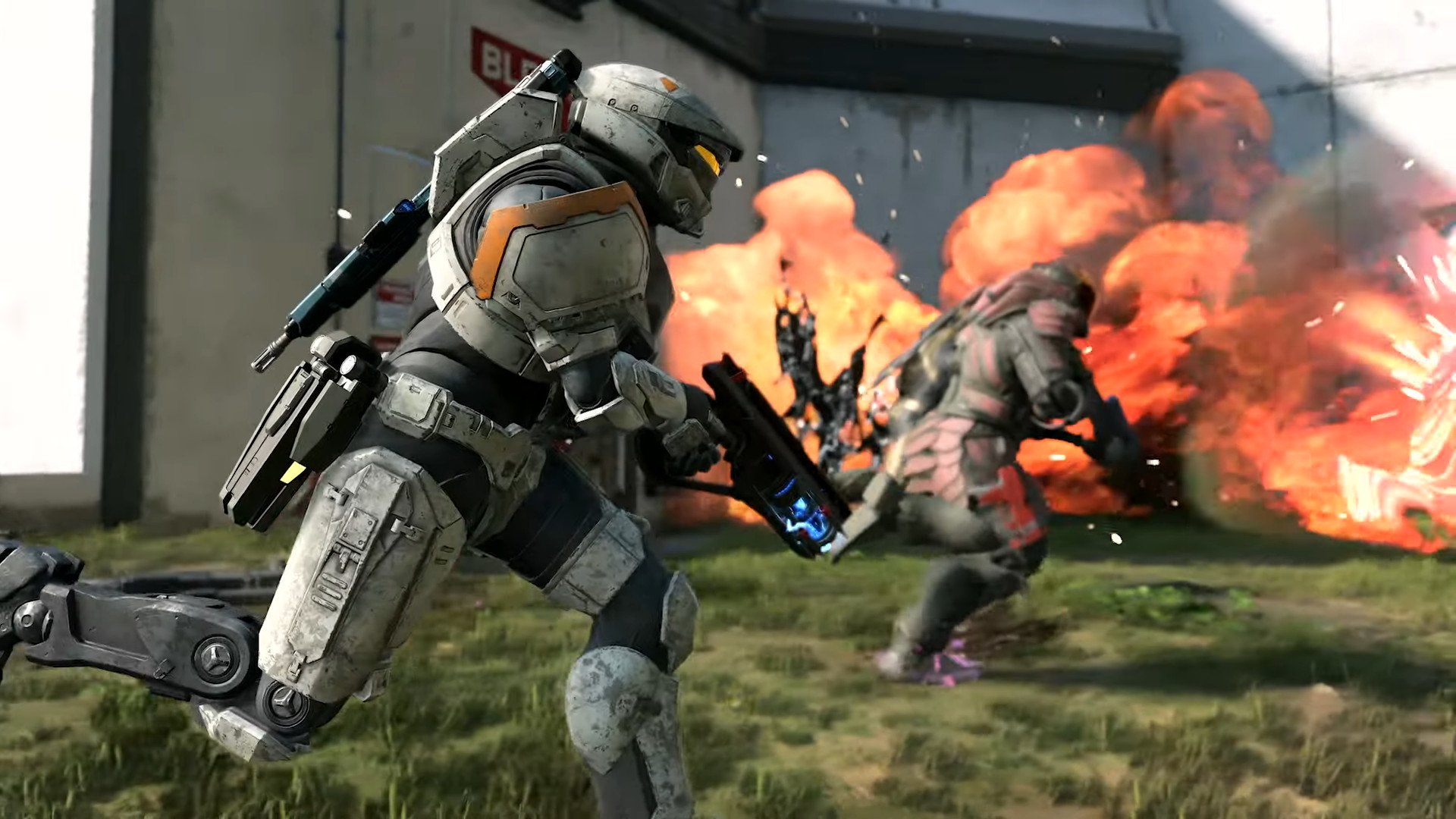
According to an anonymous source who previously worked on Halo Infinite, one of the stumbling blocks encountered by lead developer 343 Industries came in the form of its map development pipeline. The company was working with the Russian team at Sperasoft, a support studio that’s part of Keywords, which provides QA, art, and technical support across the entire gaming industry, including at places like Ubisoft.
Sperasoft provided assistance on Halo Infinite by “blocking out” different multiplayer maps, following the concept art given by 343 Industries, and using it to create a rough, unfinished draft of what the map would look and play like.
These maps would normally then be taken to another team to be “arted out,” meaning that they’d be given finished assets within the approved art direction. With Sperasoft’s Russian division now unable to provide this support, one of the basic elements of the map development pipeline was removed, leading to internal map delays as 343 Industries restructures parts of its pipeline.
We reached out to Microsoft on the matter, which declined to comment.
“There is going to be generations of anger and hurt instilled in us all for this and that will likely come through in the games we’ll see coming out of Ukraine.”
One major gaming and entertainment conglomerate is having to quietly relocate its Russian-based workers to Georgia, including marketing and legal teams, according to a source familiar with the matter. The source wished for the company not to be named for security reasons. A recent survey also indicated that almost half of Russia’s game developers are leaving the country, with even more stating they plan to leave in the future. It’s echoed by Oganesyan, who notes that many workers could choose to leave Ukraine even after the war ends.
“I think how the war ends and what level of safety the country is guaranteed in the future is going to be a major deciding factor for a lot of people when deciding if they will opt to continue their lives in Ukraine or not,” Oganesyan says.
Other teams have had to shift smaller projects due to the war. CD Projekt RED announced earlier in the year that its current-generation upgrade for The Witcher 3: Wild Hunt was being delayed, as work was being moved in-house and away from Saber Interactive. While Saber Interactive is headquartered in Florida, a large portion of the workforce is in Russia and Belarus. CD Projekt RED declined to comment on whether the move was related to the invasion but weeks before the change was announced, rumors first appeared on the Russian gaming website IXBT indicating that CD Projekt was pulling the port due to it being handled by the Russian branch of Saber Interactive.
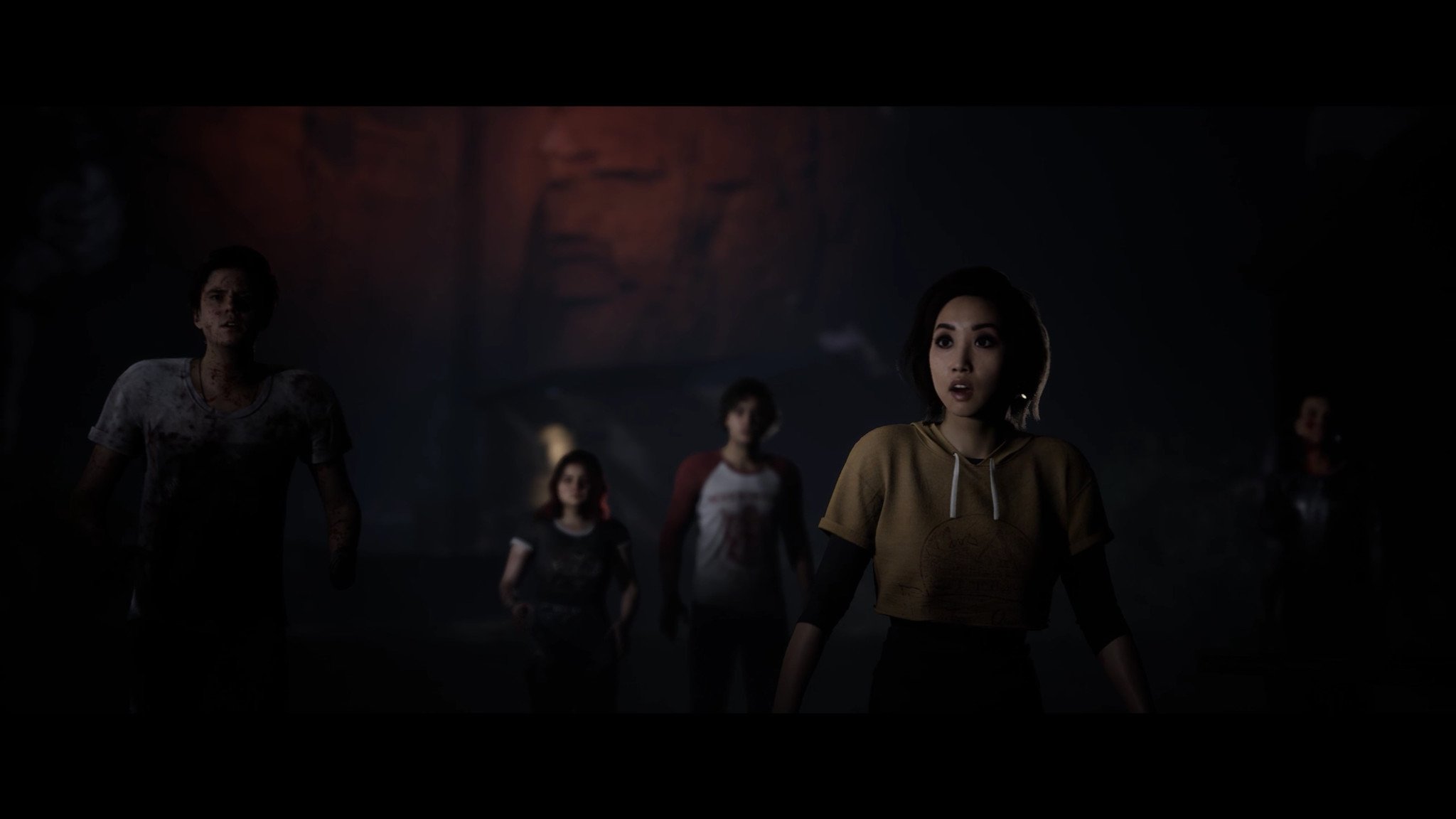
The Quarry, a cinematic horror game developed primarily by Supermassive Games, was built in part with support from publisher 2K Games and its international teams. Director Will Byles explained to IGN that while the multiplayer portion of the game was practically done in time for the game’s launch on June 10, it had to be pushed back due to the war. The team working on the online portion of the game was located in Ukraine and had to relocate the game server to Warsaw, Poland.
Naturally, this isn’t the end of the world for support studios, with the complications induced being deemed a steady “trickle-down effect” even long after the war ends, according to a person familiar with some of the relocation that’s underway.
But what do things look like after the war ends? The country will be forever changed, something that will have a lasting effect on its people and what art they produce. Pain can beget pain, something that’s not easy to change.
“There is going to be generations of anger and hurt instilled in us all for this and that will likely come through in the games we’ll see coming out of Ukraine,” says Oganesyan. “Ukraine made so much hard-earned progress before the war but now it feels like we’ve been forced to reset on so many fronts.”
Things are harsh right now, and no one can predict the future. But the Ukrainians endure as Ukraine enters its fifth month of fighting against an invading superpower that claimed it would be through in a few days.
How can we help?
Ukrainians have put together a verified list of resources for anyone interested in helping. This includes general resources, medical aid for civilians, and donations specifically for minorities and other groups at increased risk of danger.
People can also donate directly to the Ukraine Armed Forces. A special account has been set up by the National Bank of Ukraine, and the number is UA843000010000000047330992708.




